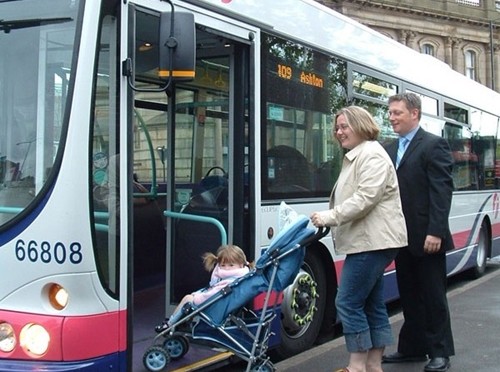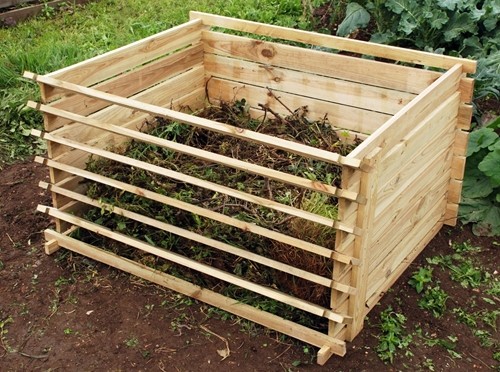In the last decade, there has been an increased push for people to reduce their carbon footprints. However, many of us who want to help simply don't know how. Ilchi Lee, a dedicated advocate of a sustainable world, has a number of written books describing how the fates of humans and Earth are intertwined. Although these books may not be considered environmental activist literature, they provide the reader with a sense of the importance respecting Mother Earth. So, without further ado, here are the five best ways to lower your energy waste on a day-to-day basis:
Watch Your Shower Time
Water is the most in-demand resource of the 21st century. Rather than letting the shower steam up the bathroom before easing your way in, hop in as soon as the water warms. Don't spend too much time dawdling in the shower either. Monitoring how long you bathe can not only save on water bills, but also on water energy.
Carpool, Bike or Take Public Transit
Many of us drive our own cars to work every day. Instead, ask a friend or colleague to share a ride together. You might even be thankful for the than the car-ride banter. If you live close enough, map out a bike route to your office. During warm weather months, this is a perfect way to combine exercise with eco-friendliness. Or, opt for the train or bus to make your commute environmentally responsible, if possible. As a society, we have become overly dependent on ours cars. Think of new ways to cut back.
Buy Energy Efficient Light Bulbs
Though almost 70 percent of light bulb sockets in the U.S. still contain inefficient light bulbs, regular bulbs are quickly becoming a thing of the past. Purchase energy efficient bulbs – it will save you money in the long run! In fact, according to Energy Star, by replacing 20 million traditional bulbs with energy efficient ones, Americans would save more than $118 million in energy costs each year and prevent greenhouse gas emissions equivalent to that of 150,000 vehicles annually. For each person, that means around cutting your light bill anywhere from $66 to $264.
Quit Overheating or Supercooling Your House
There's no need to keep your house at a balmy 72 degrees when you're not there. Turn down the thermostat before going to work and bed. Besides, most people prefer to sleep in cooler environments rather than hot ones. You'll notice a big improvement in your utility bill as well as energy savings. You can even install a smart thermostat that switches off automatically when you are out of the house.
Lee reinforces these points by sharing how important it is to consider ourselves a citizen of the Earth, putting limited natural resources before our own ego and self-serving priorities.

